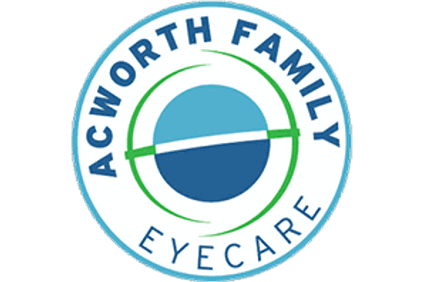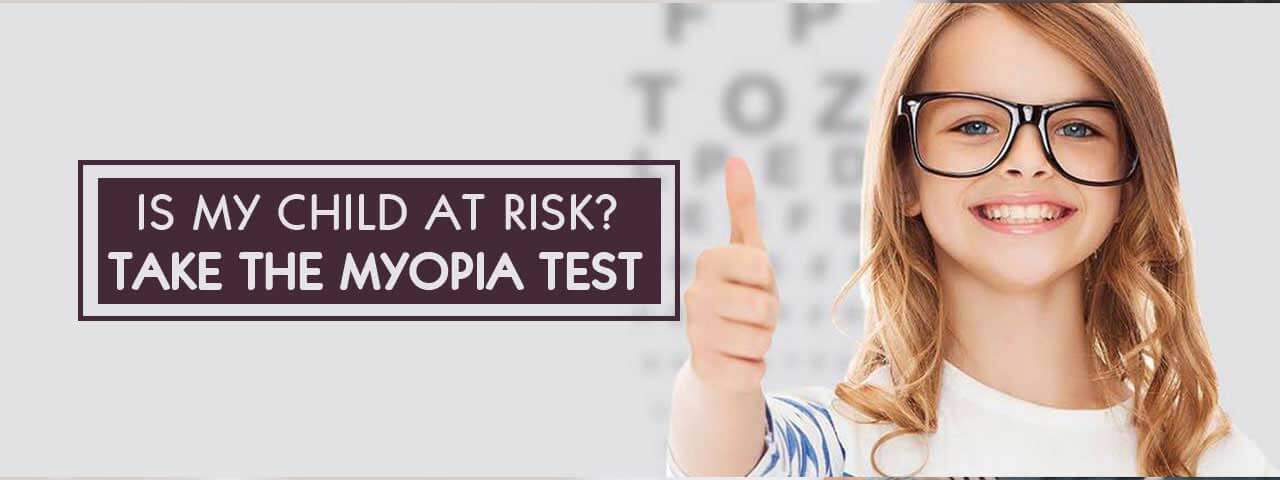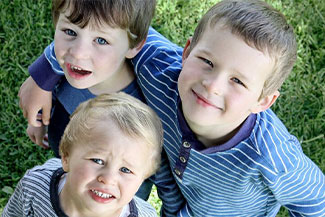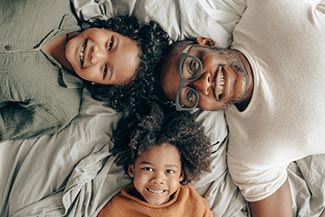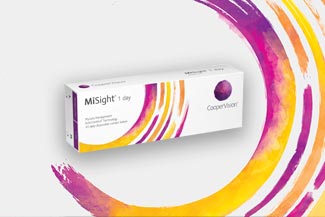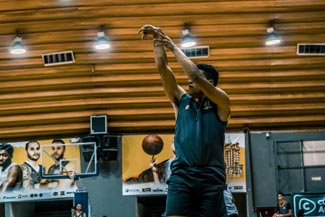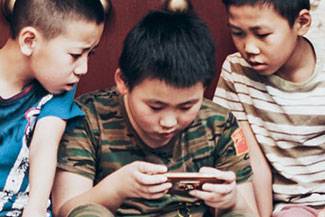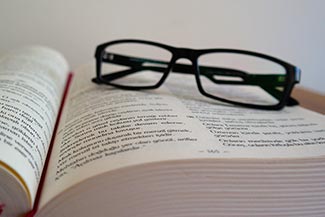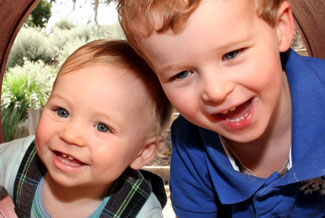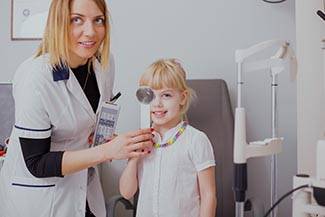Myopia Management in Acworth
Myopia, also called nearsightedness or shortsightedness, is the inability to see things clearly unless they’re situated close to your eyes. It is the most common refractive error among children and young adults. Most patients with this condition wear eyeglasses or contacts to correct their vision.
However, myopia is more than an inconvenience; it can pose a serious risk to your child’s long-term vision. As a child develops and the myopia rapidly progresses, the child is at a higher risk of developing dangerous eye diseases later in life. Namely, retinal detachment, macular degeneration, glaucoma and cataracts. Thankfully, Myopia Management can help.
Myopia Management solutions include eye drops, specific contact lenses, and glasses, which can help slow down the rapid visual deterioration that occurs with myopia. Contact Acworth Family Eyecare and see how Myopia Management can help your child experience clearer, sharper vision and a higher quality of life.
What is Myopia?
Myopia develops when the eye grows too long from front to back, which causes light to focus in front of the retina rather than directly on it. For those with nearsightedness, distant objects appear blurred while nearby objects remain clear.
This condition develops during childhood, when the eyeballs are experiencing rapid growth, and tends to progress gradually or rapidly into the late teen years. Myopia can be easily corrected using corrective glasses or contact lenses.
Childhood myopia is typically diagnosed between the ages of 5 and 7 and worsens during the eye’s rapid growth years. The prescription tends to plateau at around age 12.
The Growing Prevalence of Myopia
Myopia is becoming increasingly prevalent around the world, with a recent study showing that close to 30% of the world’s population is currently myopic. Alarmingly, by 2050, close to 50% of the global population will be myopic. That’s a staggering 5 billion people!
Myopia rates have shot up in the last 20 years. In China, between 10-20 % of primary school children are myopic. This number increases to 50% for high school students, and by the time they reach university, 90% of the student body is nearsighted.
The good news is that thanks to Myopia Management, you can protect your children from landing on the wrong side of this statistic.
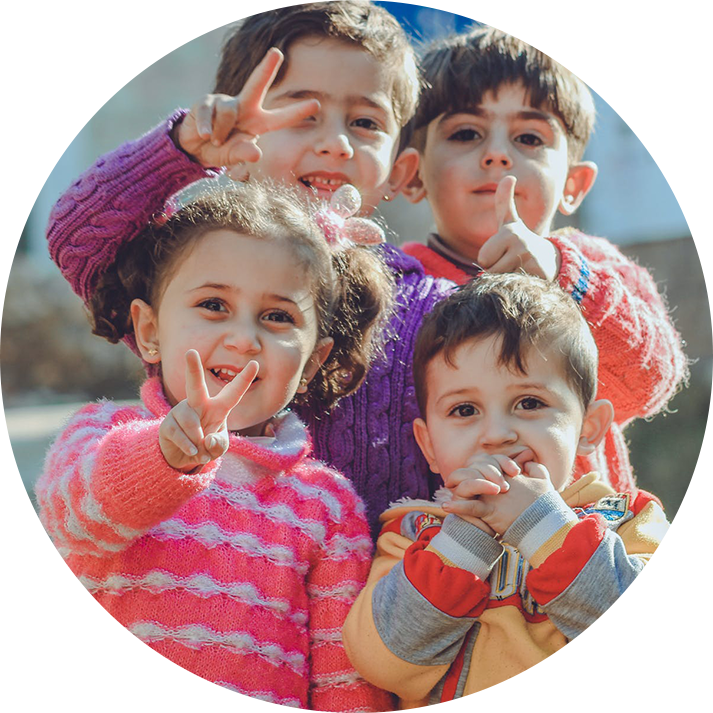
What is Myopia Management?
“Myopia management” is a series of treatments that eye doctors use to slow the progression of myopia in children. Our myopia management treatments can induce changes in the structure of the eye by diminishing the stress and fatigue linked to the development and progression of myopia. Several studies have indicated that these treatments successfully slow down the progression of nearsightedness in children and teens.
The Acworth Family Eyecare currently offers several different customized treatment options to slow the progression of myopia. Our doctors work closely with each family and customize treatment programs for every child based on their unique needs.
Patients are carefully monitored by our doctors and reviewed every 6-12 months to assess the efficacy of the chosen treatment modality.
Acworth Family Eyecare is a Myopia Management practice that offers evidence-based treatment to prevent the onset or reduce the progression of myopia in pediatric patients.
Because we stay on the forefront of the latest research, you can be sure that Acworth Family Eyecare is maximizing the chances of your child’s success.
Patients We Typically Work With
- Patients with progressive myopia (-0.25DS or more in the last 2 years)
- Patients with refractive error: MSE (sph + 0.5*cyl): +0.50 DS to -6.00 DS, no limit on DC
- Patients at risk of becoming myopic due to a family history of myopia (one or two myopic parents)
- Patients who spend over 3 hours a day doing near work (reading, studying, writing)
- Patients who spend less than 6 hours a week outdoors
- Patients under the age of 16
What Should the Patient Expect?
To monitor and assess the efficacy of the treatment, all our young patients undergo an extensive vision evaluation, provided by our doctors. This includes:
- Axial length and retinal shape measurements
- Cycloplegic axial and peripheral autorefraction
- Corneal topography and choroidal thickness measurements
- Lifestyle questionnaire (including how much near work and outdoor activity they engage in per day/week)
- Discussion of the results
- Development of a personalized treatment plan
At Acworth Family Eyecare, we provide our patients with effective, customized treatment to control the progression of myopia. By stopping or slowing down the progression of myopia, we reduce long-term risks to best ensure that your child enjoys the world with healthy eyes throughout his or her life.
Acworth Family Eyecare serves patients in Acworth, Woodstock, Kennesaw, Cartersville, and throughout Georgia.
